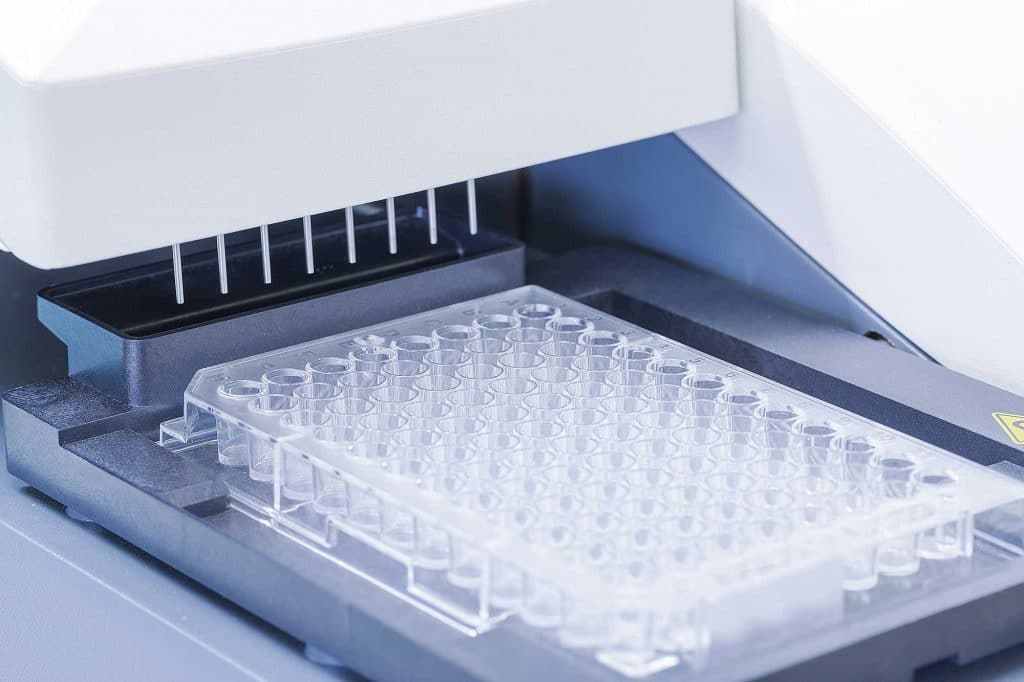London and Oxford, UK, 14 November 2013: MRC Technology, a technology transfer organisation, announced today it is collaborating with Dr Zameel Cader at Oxford University’s Nuffield Department of Clinical Neurosciences, to screen selective and potent potassium channel activators to develop novel therapeutic interventions in migraine. Drawing on MRC Technology’s commercialisation expertise in drug discovery, the project focuses on bringing to clinic more effective pain treatments arising from the work of Dr Cader’s group in identifying KCNK18, the first gene underlying typical migraine.
KCNK18 encodes a tandem-pore background potassium channel, TRESK, which is linked to causing migraines and controls the sensitivity of pain nerves in the brain. If TRESK is faulty or inactive, the body’s threshold to pain can be significantly lowered. Migraine is the most common neurological disorder, with prevalence estimated at 18.2% in females and 6.5% in males, and is characterised by a severe, recurring headache, often accompanied by nausea, vomiting and increased sensitivity to light and sound.
Dr Justin Bryans at MRC Technology, said: “We are delighted to be working with Dr Cader and his team who have made such a significant discovery in the underlying causes of migraine. We are hopeful that our collaboration will lead to treatments that could not only prevent migraines, but could potentially result in a more general pain therapy with even wider impact.”
“Migraine is a major cause of disability worldwide and it has been estimated to be the most costly neurological disorder in Europe,” commented Dr Cader. “We have made a major step forward in our understanding of why people suffer with migraine and with MRC Technology’s wealth of drug discovery experience, we look forward to working with them to bring novel treatments to market.”
For more information please visit www.sciencedirect.com/science/article/pii/S0006291X13017713


